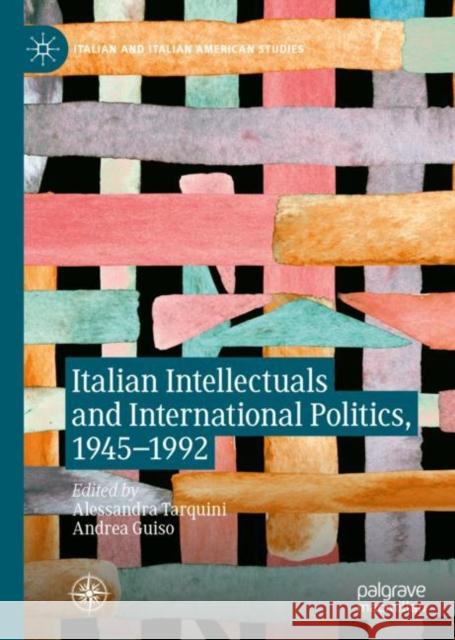Italian Intellectuals and International Politics, 1945-1992 » książka
topmenu
Italian Intellectuals and International Politics, 1945-1992
ISBN-13: 9783030249373 / Angielski / Twarda / 2019 / 283 str.
Italian Intellectuals and International Politics, 1945-1992
ISBN-13: 9783030249373 / Angielski / Twarda / 2019 / 283 str.
cena 442,79
(netto: 421,70 VAT: 5%)
Najniższa cena z 30 dni: 424,07
(netto: 421,70 VAT: 5%)
Najniższa cena z 30 dni: 424,07
Termin realizacji zamówienia:
ok. 16-18 dni roboczych.
ok. 16-18 dni roboczych.
Darmowa dostawa!
Kategorie BISAC:
Wydawca:
Palgrave MacMillan
Seria wydawnicza:
Język:
Angielski
ISBN-13:
9783030249373
Rok wydania:
2019
Wydanie:
2019
Numer serii:
000456348
Ilość stron:
283
Waga:
0.50 kg
Wymiary:
21.01 x 14.81 x 1.75
Oprawa:
Twarda
Wolumenów:
01
Dodatkowe informacje:
Wydanie ilustrowane











